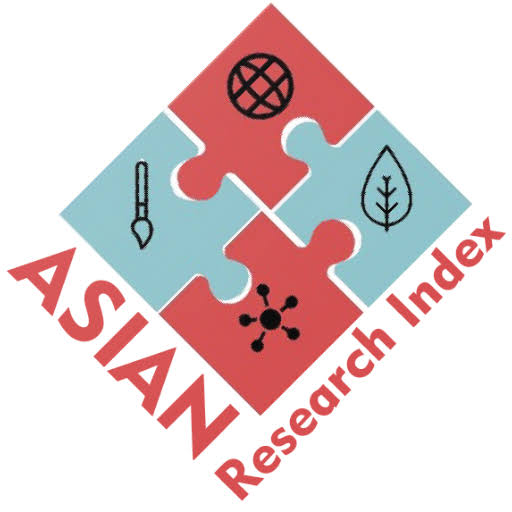Brain Based Learning and 21st Century Skills: A descriptive Study of Students Learning at Secondary School Level
Keywords:
Brain-based learning, 21st Century Skills, Secondary school levelAbstract
Secondary school students' ability to acquire skill sets appropriate to the modern world is the focus of this study's investigation of the efficacy of brain-based learning. This research aims to describe how students learn and examine how brain-based learning strategies affect acquiring modern-day essential skills. The study's premise is that students will only be adequately prepared to fulfil the demands of the modern workforce if they acquire skills such as critical thinking, problem-solving, collaboration, communication, and creativity, all of which can be taught in a conventional classroom setting. Secondary school teachers were surveyed using a quantitative techniques approach to get numerical data for the study. Teachers' views on brain-based learning and self-reported proficiency in 21st-century abilities are measured quantitatively through questionnaires. This study adds to what is already known about the effects of brain-based learning on abilities relevant to the modern world. The outcome sheds light on how the concepts of brain-based learning mesh with essential skill development in the secondary school setting. The study also examines the pros and cons of using brain-based learning techniques. This means that the study's findings potentially affect stakeholders, legislators, educators, and curriculum developers. To better equip students for success in the contemporary world, it is essential to understand the effects of brain-based learning on 21st-century abilities. This knowledge can then inform the creation of evidence-based instructional strategies. The findings can inform educational policies and practices to help students acquire the critical thinking abilities they need to succeed in college and beyond.






